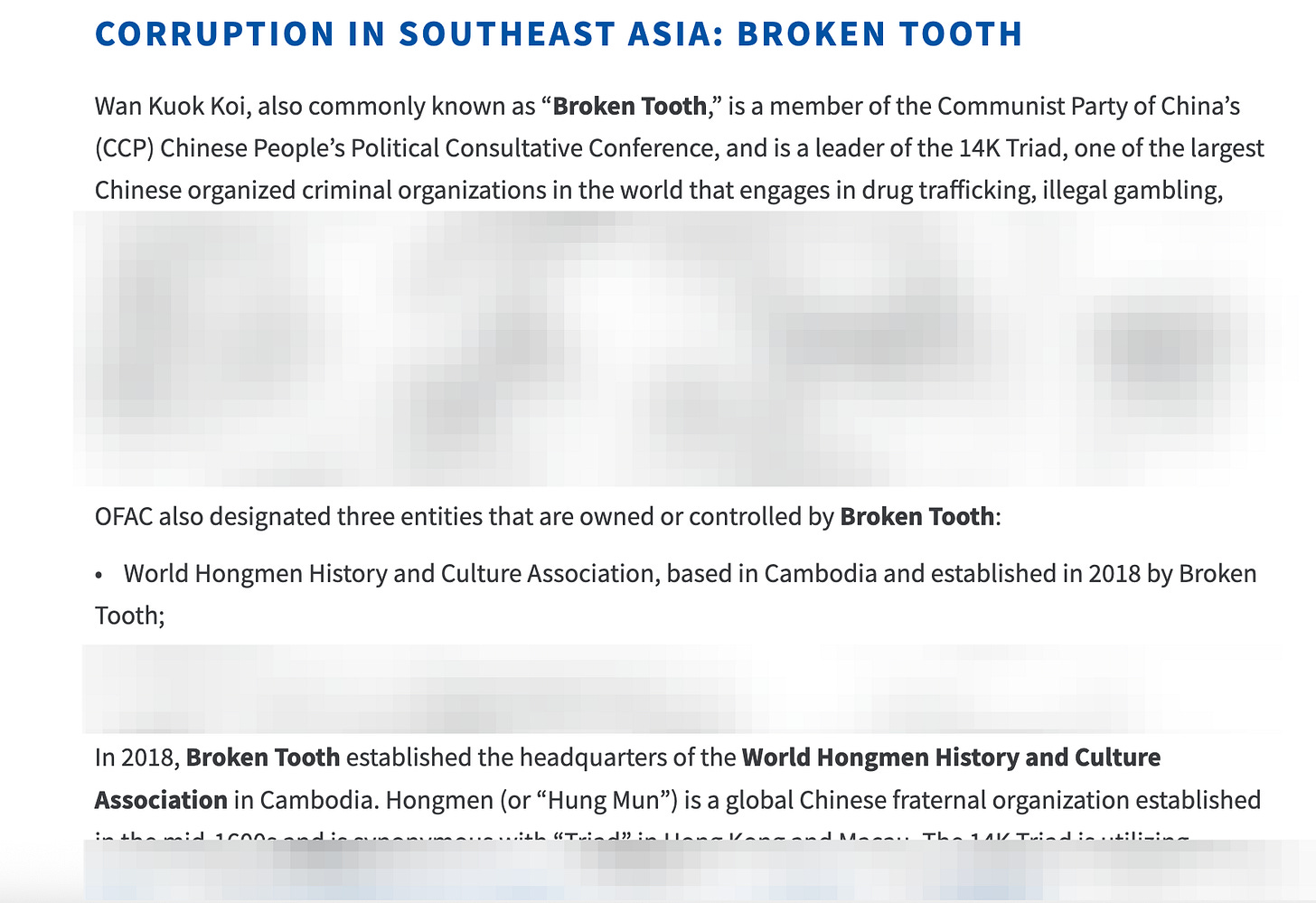Jamestown Report Links Chinese Freemasons to CCP ‘Belt and Road’ Development, Organized Crime, Targeting Taiwan
New research highlights Hongmen’s Canadian presence, political engagement, and alignment with Beijing’s Taiwan annexation agenda
OTTAWA — A Washington-based think tank has released a hard-hitting report linking a global Chinese network—known as Hongmen, or the Chinese Freemasons—to transnational organized crime and covert Chinese Communist Party (CCP) influence campaigns targeting Beijing’s foremost policy objectives, including the annexation of Taiwan and the global expansion of Belt and Road Initiative development projects.
The new research, published by the Jamestown Foundation, resonates with geopolitical concerns in Canada, particularly in British Columbia—the only jurisdiction in North America to have signed a formal Belt and Road cooperation agreement with Beijing—and in Ottawa, where one of Prime Minister Mark Carney’s election candidates was linked to the Chinese Freemasons, according to The Globe and Mail.
The Jamestown report, authored by Martin Purbrick, a former senior Hong Kong police intelligence officer, traces the Hongmen’s historical transformation from Qing-era revolutionary societies in the 1600s into a modern global network of CCP-aligned criminal entities.
“The organization’s sprawling structure includes affiliated offices across the globe from Hong Kong and Nairobi to Toronto and Madrid,” the Jamestown report states, adding: “The Chinese Communist Party has turned a blind eye as Hongmen ventures have expanded across One Belt One Road countries, in part because these organizations serve the purposes of united front work.”
The report focuses on a notorious, U.S. government–sanctioned Triad leader linked to the so-called Sam Gor transnational synthetic narcotics syndicate, which has strong networks in Toronto and Vancouver, according to Western law enforcement.
It notes how former 14K triad boss Wan Kuok-koi, also known as “Broken Tooth,” rose from Macau underworld infamy to become president of the World Hongmen History and Culture Association. His record includes leading the 14K triad through a bloody Macau casino-lending turf war in the mid-1990s.
In 1997, Wan was arrested, and in 1999, sentenced to 15 years for charges including criminal association, loan sharking, and illegal gambling. He was released in 2012 and quickly re-emerged as a Hongmen leader.
Wan announced in 2018 the creation of a Hongmen Security Company to protect PRC merchants operating in Belt and Road countries, according to Purbrick.
“Criminal actors like former 14K triad boss Wan Kuok-koi have co-opted the Hongmen brand to build business ventures in One Belt One Road countries, including security firms, liquor brands, and even cryptocurrency—all under the banner of patriotism and cultural heritage,” the report says. “The CCP has tolerated and even benefited from this arrangement, as triad-affiliated Hongmen groups serve its geopolitical goals.”
The report adds that “Hongmen have long been intertwined with overseas Chinese networks, including with criminal triad societies,” which have historically promoted Chinese patriotic causes. “Since aligning with the CCP, however, this activity has largely shifted to advocating for unification with Taiwan.”
Keep reading with a 7-day free trial
Subscribe to The Bureau to keep reading this post and get 7 days of free access to the full post archives.


